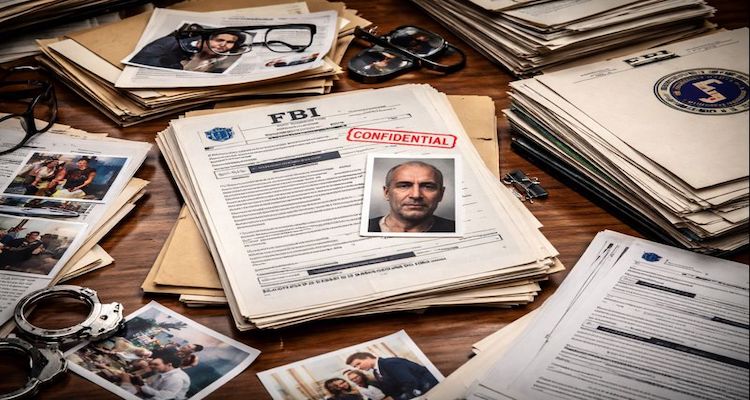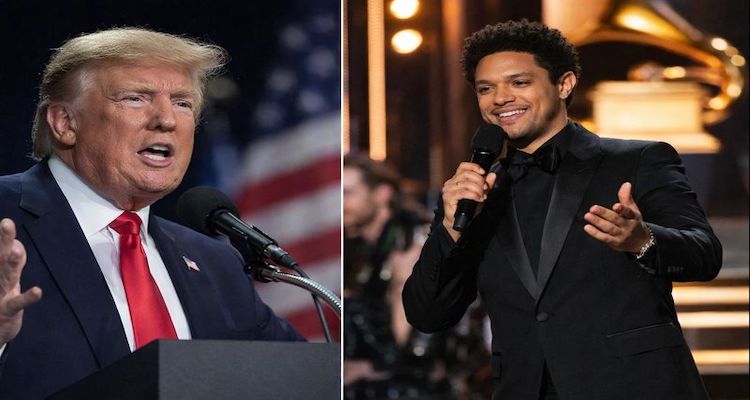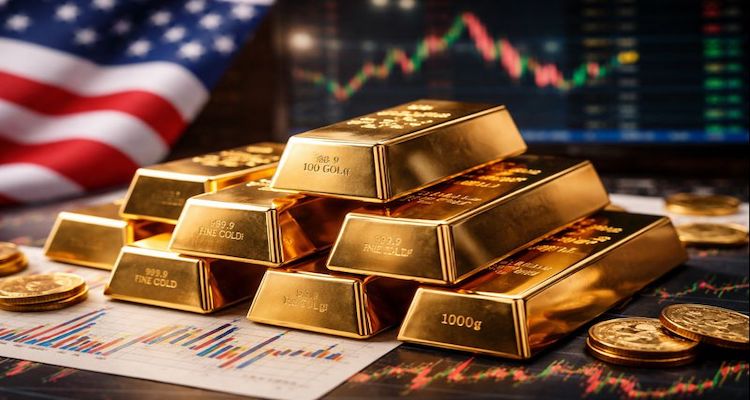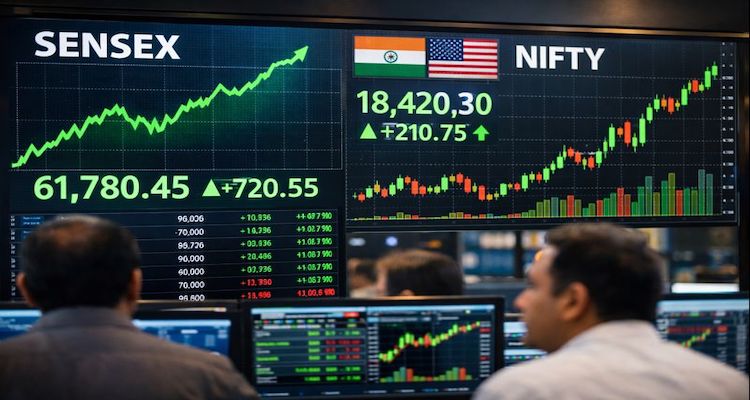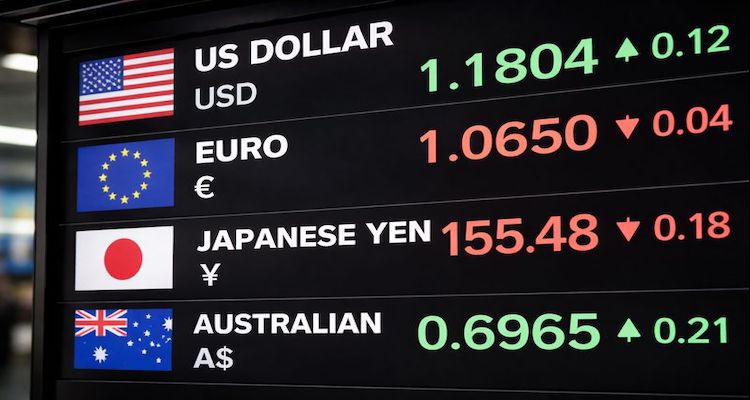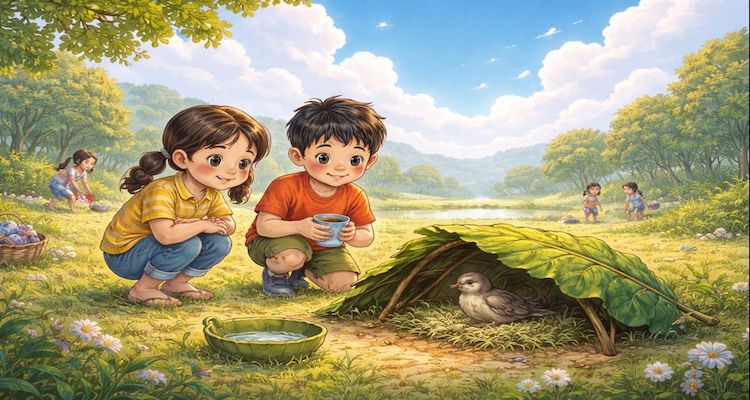The Meme as Modern Mythology
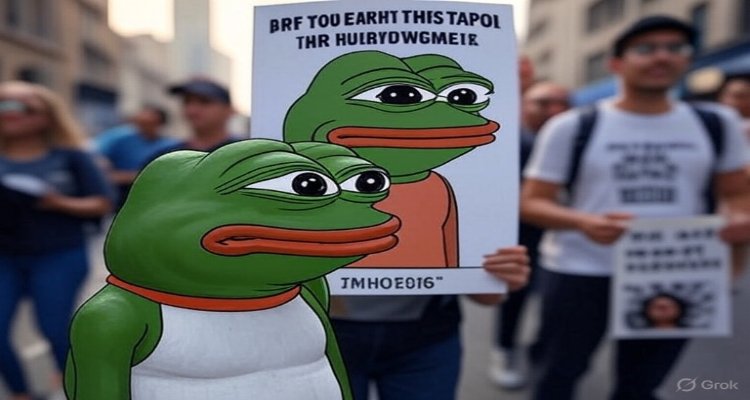
Memes have evolved beyond internet humor—shaping culture, identity, and storytelling in ways similar to ancient myths.
Introduction: The Digital Folklore of Our Time
A picture of a distracted boyfriend, a dancing cat, or a crying Michael Jordan face—these aren’t just internet jokes anymore. They are symbols that carry stories, meanings, and shared emotions across the globe. In today’s hyperconnected world, the meme has become more than entertainment—it is modern mythology, shaping how we tell stories, interpret events, and even define collective identity.
Context & Background: From Campfires to Screens
For centuries, myths explained the unknown, transmitted values, and connected societies. Ancient myths were passed orally around campfires; today’s memes spread virally through timelines and group chats. While mythology once gave us Zeus, Kali, or Odin, the internet age offers Pepe the Frog, Wojak, and SpongeBob as archetypes that speak to human struggles, humor, and existential angst.
The word “meme” itself originates from Richard Dawkins’ 1976 book The Selfish Gene, where he described it as a cultural gene—a unit of meaning replicated through imitation. What he could not have foreseen is how the internet would turn memes into a living ecosystem of digital folklore.
Main Developments: Memes as Cultural Powerhouses
In the past decade, memes have leaped from subcultures into mainstream influence:
- Politics & Protest: From Bernie Sanders’ mittens to Hong Kong’s protest memes, humor and symbolism have been weaponized to challenge authority and mobilize communities.
- Commerce & Branding: Companies now tap into meme culture for marketing campaigns, knowing that relatability spreads faster than traditional ads.
- Collective Coping: During crises like the COVID-19 pandemic, memes acted as a shared coping mechanism, providing levity in uncertain times.
This transformation highlights the meme’s unique power: it condenses complex feelings or ideas into instantly recognizable imagery—mirroring the symbolic function of myths.
Expert Insight & Public Reaction
“Memes are the folklore of the digital age,” says Dr. Limor Shifman, a communications scholar known for her research on internet culture. “They transmit values, norms, and collective anxieties in ways similar to myths, but at lightning speed.”
Psychologists also note their role in community-building. By sharing memes, individuals reaffirm belonging to cultural tribes, whether that’s fans of Marvel films, gamers, or political movements. As media critic Amanda Hess once wrote, “A meme is a tiny myth you can carry in your pocket.”
Public sentiment reflects this too. Scroll through Reddit, Twitter (X), or TikTok, and you’ll find users not just laughing at memes but debating their meanings, remixing their symbols, and embedding them into the cultural consciousness.
Impact & Implications: Memes as Myth in Motion
The rise of memes as modern mythology carries wide-ranging implications:
- Cultural Identity: Just as myths shaped national and tribal identities, memes now shape digital ones—Gen Z humor, political alignment, or fandom culture.
- Information Flow: Memes compress narratives into digestible forms, which can make them powerful but also risky tools for misinformation.
- Historical Record: Future historians may study memes the way we analyze cave paintings or folklore, as artifacts of collective thought.
In essence, memes are not just reflections of culture—they actively mold it.
Conclusion: The New Storytellers
Where once humans looked to gods and legends to explain the world, today we turn to memes. They are humorous, fleeting, and endlessly adaptable, yet they carry the same narrative weight that myths once did. Memes give form to our fears, joys, and identities, creating a shared mythology for a globalized, digital society.
In the end, the meme is not trivial—it is tradition in real time.
Disclaimer : This article is for informational purposes only. All references to cultural figures, brands, or memes are illustrative and belong to their respective owners.

